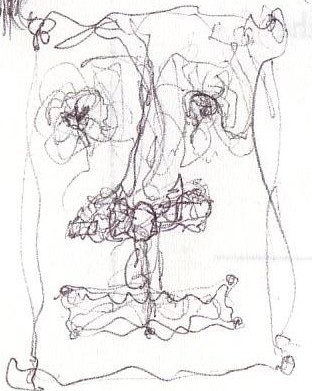Sunday, February 27, 2005
Friday, February 25, 2005
Computationally Irreducible?
For two decades, researchers have suspected that what makes such events so unpredictable is their inherent complexity. In the Earth's crust and its ecosystems, and in any economy, events depend on the delicate interactions of millions of parts, and seemingly insignificant accidents can sometimes have massive repercussions. Mathematicians have even declared that some complex systems are "computationally irreducible", meaning there is no short cut to knowing their future. The only way to find out what will happen is to actually let it happen...
Tuesday, February 15, 2005
Political meddling alleged in US wildlife service
Sunday, February 13, 2005
Zero Intelligence
A model that assumes stock market traders have zero intelligence has been found to mimic the behaviour of the London Stock Exchange very closely. However, the surprising result does not mean traders are actually just buying and selling at random, say researchers. Instead, it suggests that the movement of markets depend less on the strategic behaviour of traders and more on the structure and constraints of the trading system itself.

